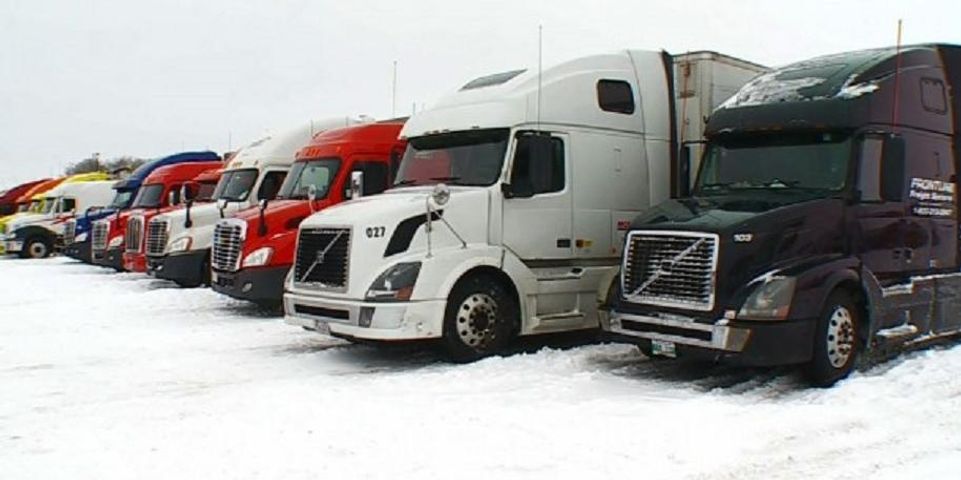
If you drive a diesel vehicle, you need to be aware of the differences between gasoline and diesel fuel. For example, diesel is heavier and produces more energy. However, one of the most important differences is how it behaves in cold weather.
What Happens to Diesel Fuel When It Gets Cold?
 Diesel is denser than gasoline because it's made up of bigger, more compact molecules. When it gets cold, those molecules freeze more easily than gasoline. Diesel starts to cloud at 32 degrees Fahrenheit and will harden into a waxy or gel-like substance at around 10 or 15 degrees, which can completely clog an engine. This process is called gelling, and the temperature at which it happens is referred to as the pour point.
Diesel is denser than gasoline because it's made up of bigger, more compact molecules. When it gets cold, those molecules freeze more easily than gasoline. Diesel starts to cloud at 32 degrees Fahrenheit and will harden into a waxy or gel-like substance at around 10 or 15 degrees, which can completely clog an engine. This process is called gelling, and the temperature at which it happens is referred to as the pour point.
How Can I Keep Diesel Fuel From Gelling?
There is more than one diesel formula on the market. Diesel #2 has a higher pour point than diesel #1, so #1 will keep your engine running for at least part of the winter. However, if it gets below -40 degrees in your area, diesel #1 will also gel. Fuel additives also help by blocking the molecules in the fuel from binding together, lowering the pour point by as much as 40 degrees. If your fuel gels, you can add diesel #1 or kerosene to try to dissolve it. If it's extremely cold, the only way you'll be able to start your engine is by warming up the fuel enough to melt it. Once the engine is running, it will heat itself and prevent the fuel from gelling again until the engine is shut off.
For diesel fuel, motor oil, and other petroleum products in Armstrong County, choose Bradigan's Inc. Since 1952, their main office in Kittanning, PA, has offered quality fuel. They now distribute from six different locations and provide HVAC services. A team member is available 24/7 for your convenience. You can order fuel from them online, or call (724) 548-7654.
About the Business
Have a question? Ask the experts!
Send your question

